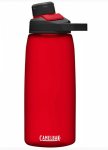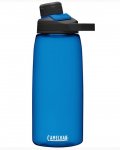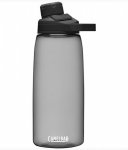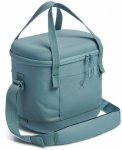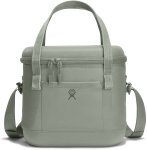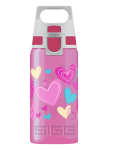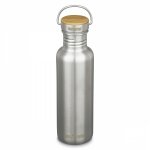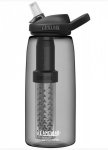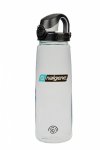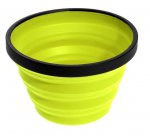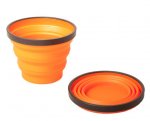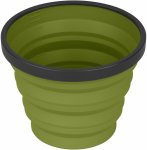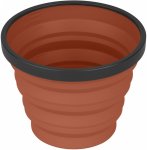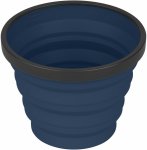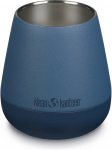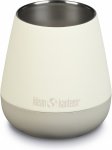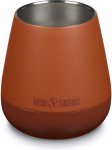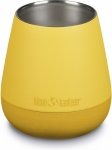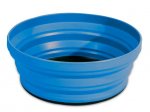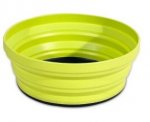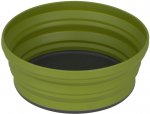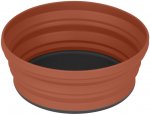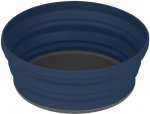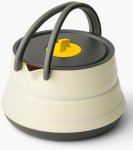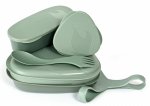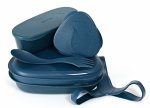BPA-free
Unterwegs & Environment
Sustainability Seal
To the overview- 1 % for the planet
- B Corp
- bluesign®
- BPA-free
- Climate-Neutral
- Crystal Down
- Down Codex
- Down Cycle
- Eco-dyeing
- Fair Labor Association
- Fair Wear Foundation
- Fairtrade
- Fjällräven Down Promise
- GOTS
- Green Shape
- Hemp, linen
- Made in Europe
- Made in Germany
- Modal, Tencel, Lyocell
- Mulesing free
- Naturtextil
- Open Factory
- Organic Cotton
- Organic Leather
- PFC free
- Recycling
- Resoleable
- Responsible Down Standard
- terracare®
- Vegan
- ZQ Merino
What does BPA-free mean?
BPA stands for bisphenol A. This is a controversial chemical used in the production of plastics. You can find BPA for example in cans, lunch boxes, drinking bottles or sunglasses. The problem with this chemical is the effect on the human hormone balance. For this reason, we label plastic products that come into contact with food with the "BPA-free" label. In this article you can find out more about this chemical compound.

By the way: All our articles from the ranges camping dishes, camping cutlery, drinking bottles and tins are BPA-free!
What does BPA mean? - A short definition
Bisphenol A, BPA for short, is a chemical that is primarily found in everyday plastic articles: Drinking bottles, tins, thermal paper, lunch boxes or camping dishes. It is a product used in the manufacture of certain plastics. BPA becomes a problem for humans when it comes into contact with food. Parts can come loose from the plastic and transfer to the food when you heat it. On this way the synthetic substance enters the human hormonal balance, which, according to numerous studies, is disturbed by it.
Why is bisphenol A used?
In 1891 the Russian chemist Alexander Dianin discovered bisphenol A by a synthetic production. Already in the 1930s it was used because of the weak estrogenic effect and the favorable production in hormone therapy. However, it was displaced by a more effective synthetic alternative.
In the 1960s, the substance made a comeback and was used in the production of synthetic resins, polycarbonate and epoxy resins. This made the plastic light, flexible and stretchable. Furthermore, the plastics were easy to color and easy to handle for industry. The economic importance of BPA is enormous. Every year 4 million tons of the chemical are produced.
Where is bisphenol A contained in?
A variety of everyday products contains BPA: plastic tableware, cardboard and plastic cups, CDs, packaging, plastic toys, diapers, cans (protective coating), bottles, receipts and parking tickets in the form of thermal paper, sunglasses, motorcycle helmets, mobile phones, food packaging, glue, household appliance parts and many more.
Since 1 March 2011 it has been banned in the European Union to sell baby bottles containing BPA to protect children in their development. Many plastic mineral water bottles (PET bottles) also no longer contain bisphenol A. Some manufacturers partly use chemically related substances such as fluorene-9-bisphenol (BHPF). But this is also problematic. BHPF has the opposite effect to BPA and thus also disrupts the hormone balance. BHPF- and BPA-free drinking bottles made of stainless steel or glass are wonderful alternatives. They protect the environment and keep your water free of chemicals.
How does bisphenol A get into your body?
Bisphenol A is a tasteless, colourless chemical substance. If you take it, you won't even notice it. If, for example, you drink from your plastic drinking bottle that has been in the car for a long time, there is a high probability that you will absorb parts of bisphenol A.
Because bisphenol A enters your body via food. The substance is found in plastic dishes, lunch boxes and bottles. Through heating of the substances small bisphenol A-particles dissolve and pass to your pasta dish, your water or other drinks. The particles already dissolve with a heating of 20° C. This happens when you transfer warm food or place your drinking bottle in the sun.
What are the effects of BPA on human health?
Despite hundreds of studies, the exact effects of bisphenol A on the human body have not been fully researched. However, the substance is categorized by the World Health Organization (WHO) as an endocrine disruptor. The chemical bisphenol A thus interferes with the human hormonal system and interferes with it due to its estrogenic effect.
This leads to an impairment of physical development especially for children. But according to some studies, adults can also feel the effects in the form of diabetes, liver problems or fertility problems.
However, according to the opinions of many independent scientists and institutions you cant not set safe limit values. Even small quantities can cause great damage. For this reason the BUND (federation for environment and nature protection Germany) requests an EU-wide prohibition of BPA in food packing.
Conclusion: If you find a plastic product without "BPA-free" indication, there is a high probability that it contains BPA. If you want to be on the safe side you can simply use a glass drinking bottle or stainless steel camping utensils. In our product range of camping dishes, camping cutlery, drinking bottles and tins you will only find BPA-free articles!
BPA-free-Produkte
Nach-
- 1 % for the planet
- B Corp
- bluesign®
- BPA-free
- Climate-Neutral
- Crystal Down
- Down Codex
- Down Cycle
- Eco-dyeing
- Fair Labor Association
- Fair Wear Foundation
- Fairtrade
- Fjällräven Down Promise
- GOTS
- Green Shape
- Hemp, linen
- Made in Europe
- Made in Germany
- Modal, Tencel, Lyocell
- Mulesing free
- Naturtextil
- Open Factory
- Organic Cotton
- Organic Leather
- PFC free
- Recycling
- Resoleable
- Responsible Down Standard
- terracare®
- Vegan
- ZQ Merino











